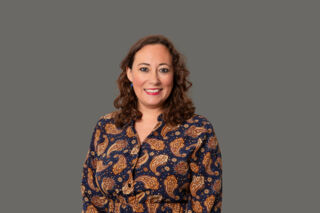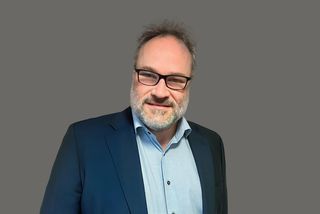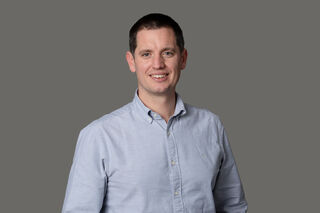Covert recordings by patients: Ms Mustard, in the exam room, with the tape recorder...
20/11/19Whilst critical of a patient’s behaviour in making a series of covert recordings of consultations with clinicians, the High Court has concluded that making those recordings did not breach the GDPR. The case will be of interest to clinicians and those advising them on the sometimes vexed question of patients making audio and video recordings of their consultations.
The facts
The patient, Ms Mustard, was bringing a claim for compensation against an insurer for injuries sustained in a road traffic accident. Whilst undergoing medical examinations for the purposes of her claim, Ms Mustard secretly recorded the consultations, two intentionally and one (she said) without realising. Ms Mustard did not tell any of the clinicians that they were being recorded at the time. Her lawyer told the Court that she originally made the recordings “as an aide memoire of what was said and to provide [her] with evidence to demonstrate any misunderstanding as to what was actually said, if required”. The recordings were transcribed, then adduced as evidence in the proceedings and also triggered further expert reports being prepared. Conversely, the insurer objected to the recordings being adduced in evidence, and made an application for the recordings to be excluded from the proceedings. The insurer argued that making the recordings covertly amounted to unlawful processing of data, in breach of the GDPR and the Data Protection Act 2018 (and also for other reasons).
The judgment
Whilst the judge described the way in which the recordings were made by Ms Mustard as “reprehensible”, the judge did not accept that the recordings should be excluded from evidence, saying:
I reject the proposition that the recordings were a breach of the Data Protection Act or the GPDR…Article 2(c) of the GPDR provides that the Regulation does not apply to the processing of personal data “by a natural person in the course of a purely personal … activity”. Recording a consultation with or examination by a doctor would seem to me to fall into this category. I do not think that the claimant supplying the recordings to her advisers took it out of the category. The relevant data related to Ms Mustard and not the Doctor.
In other words, the judge concluded that covert recordings are not necessarily prevented by GDPR, as there is scope for them to fall under the ‘personal activity’ exemption.
The judge also confirmed that in the context of insurance claims, it could be in everyone’s interests for medical examinations to be recorded and that it might be advantageous for a protocol to be agreed between the Association of Personal Injury Lawyers and the Forum of Insurance Lawyers. This is due to continuing significant disputes arising about what actually occurred in un-recorded examinations, which become a satellite issue in proceedings.
You can obtain a copy of the judgment Mustard v Flower and Others [2019] EWHC 2623 (QB) here.
What to take away
The technology to make recordings is readily available on smartphones, and if a patient wishes to record a consultation, in practical terms, it is going to be difficult to stop them.
Clinicians should therefore bear in mind that any consultation may be recorded, and accommodating patients who wish to make recordings where possible is likely to be beneficial to the therapeutic relationship as well as particularly helpful to patients with certain disabilities or who are being given complex information about future treatment decisions. It is worth remembering that patients may want to make recordings for entirely legitimate reasons, and those will apply in the vast majority of cases. However, healthcare providers may also want to have:
- a policy on circumstances in which making recordings are less appropriate (for instance, in public areas of hospitals, where consultations touch on third parties, or where recordings are being made vexatiously);
- training for staff on facilitating recordings and communication skills with patients; and
- signage, leaflets and guidance for patients on making recordings and protecting confidentiality in making recordings.
The debate over the lawfulness of recordings is likely to shift to whether or not particular examples of subsequent use of recordings are lawful. Whilst in this case, the Court found that Ms Mustard making and using the recording in court proceedings was lawful and within the ‘personal activity’ exemption, other case law suggests that the exemption would not cover commercialising or broadcasting a consultation via Youtube.
Doctors may also wish to note that the GMC has published guidance for doctors who wish to make recordings of patients, available here.
How Capsticks can help
Capsticks have a team of information law specialists who focus on providing up-to-the-minute advice to clients charged with using and protecting some of the most sensitive and confidential information in existence. Their organisations often are subject to complex regulatory regimes and so benefit from our special skills and industry knowledge.
We give practical, round-the-clock advice on the full range of advisory, transactional, regulatory and litigated information law issues affecting these sectors, including facilitating effective information sharing between organisations, dealing with complex subject access requests, and responding to information security incidents and cyber-attacks.
If you require any advice in relation to information law, or would like to discuss covert recording issues, please contact Amy Holden, Adam Hartrick, Andrew Latham or Tracey Lucas.







